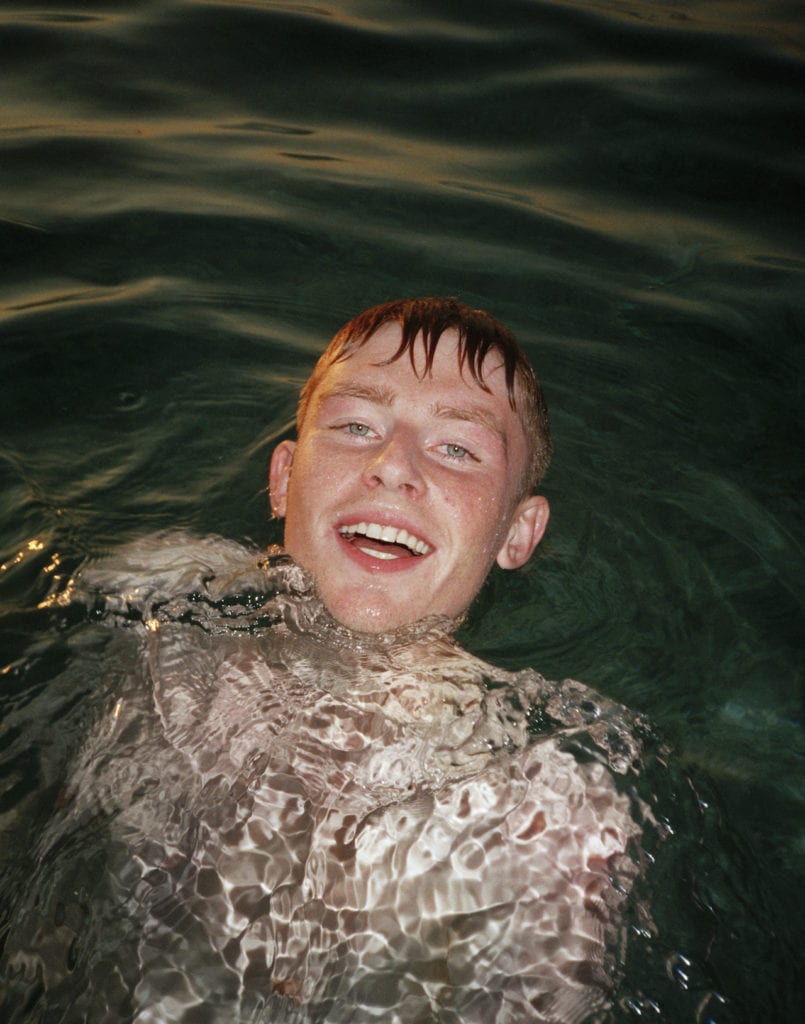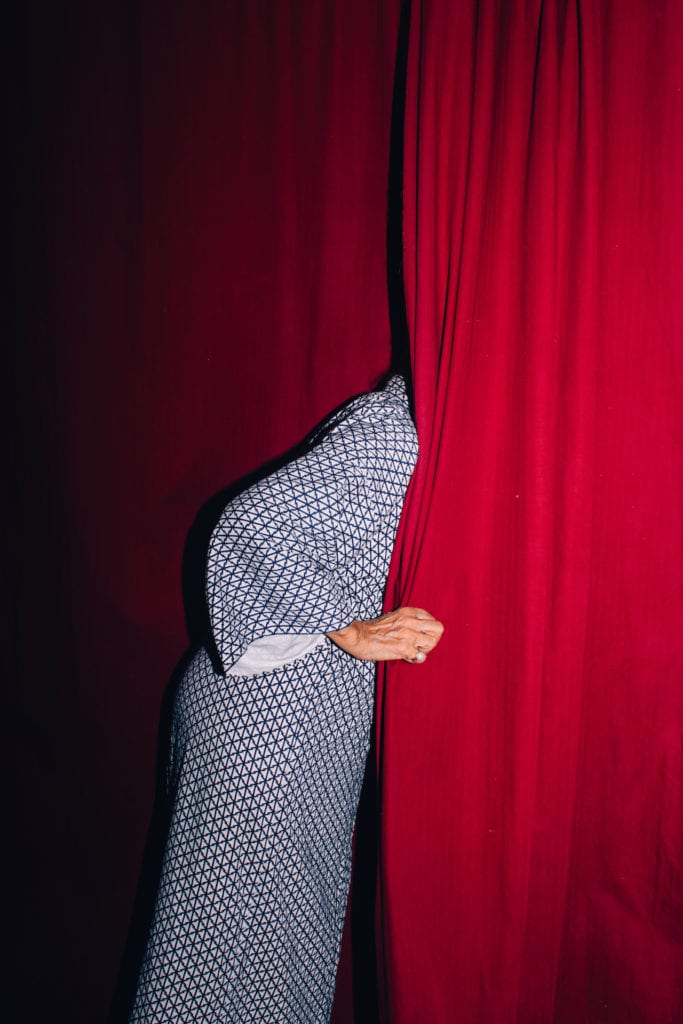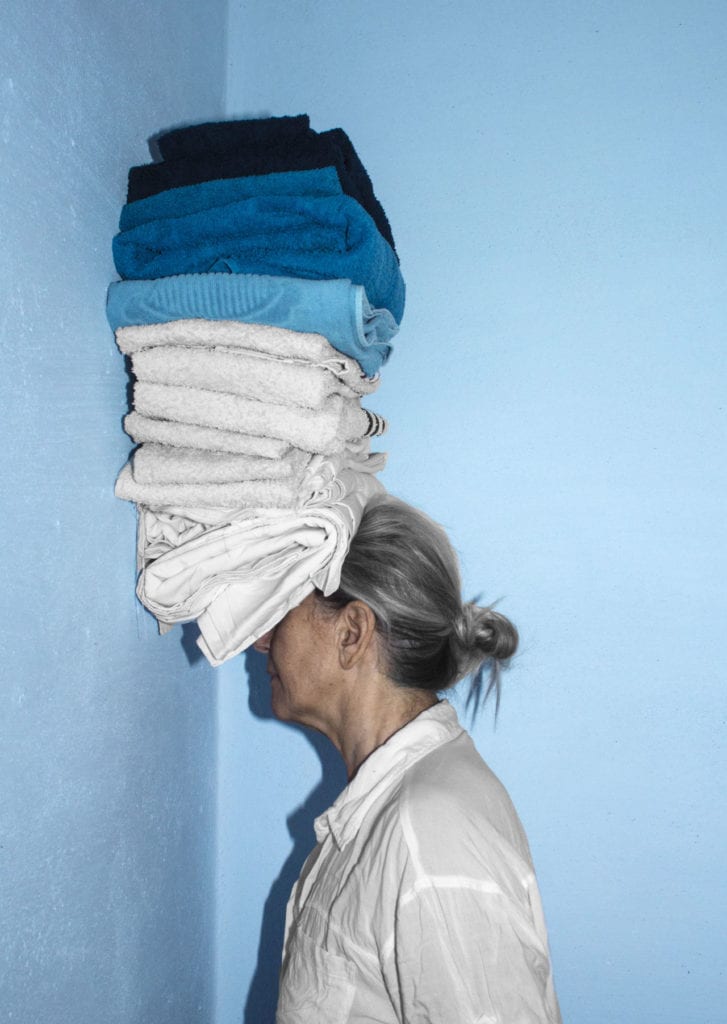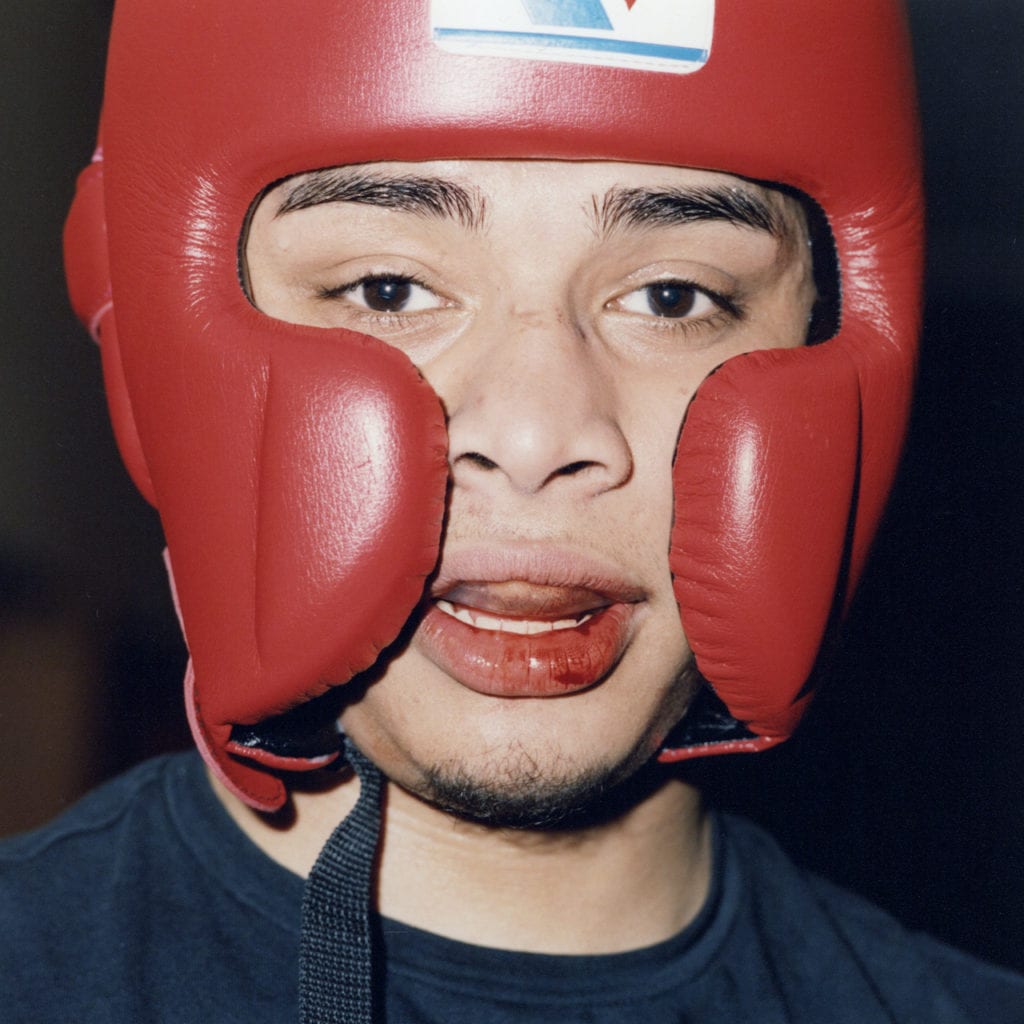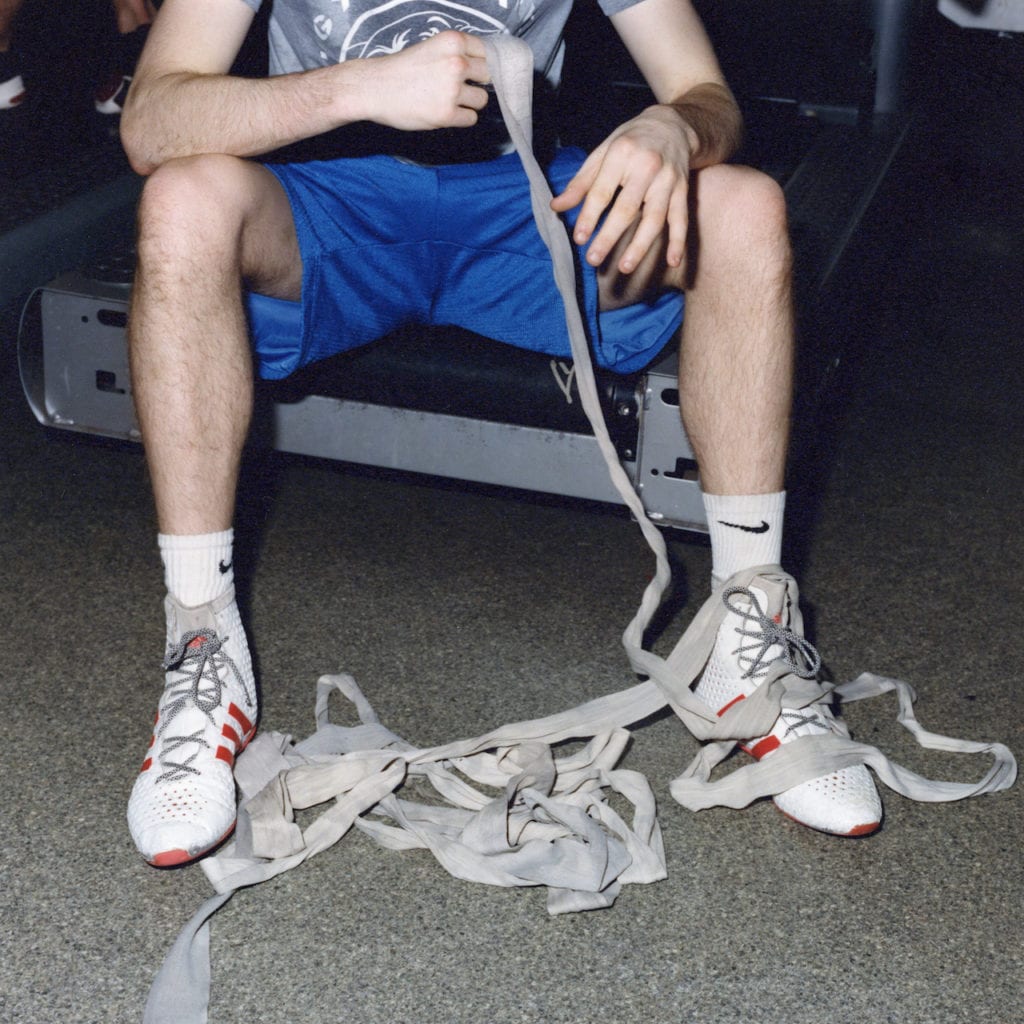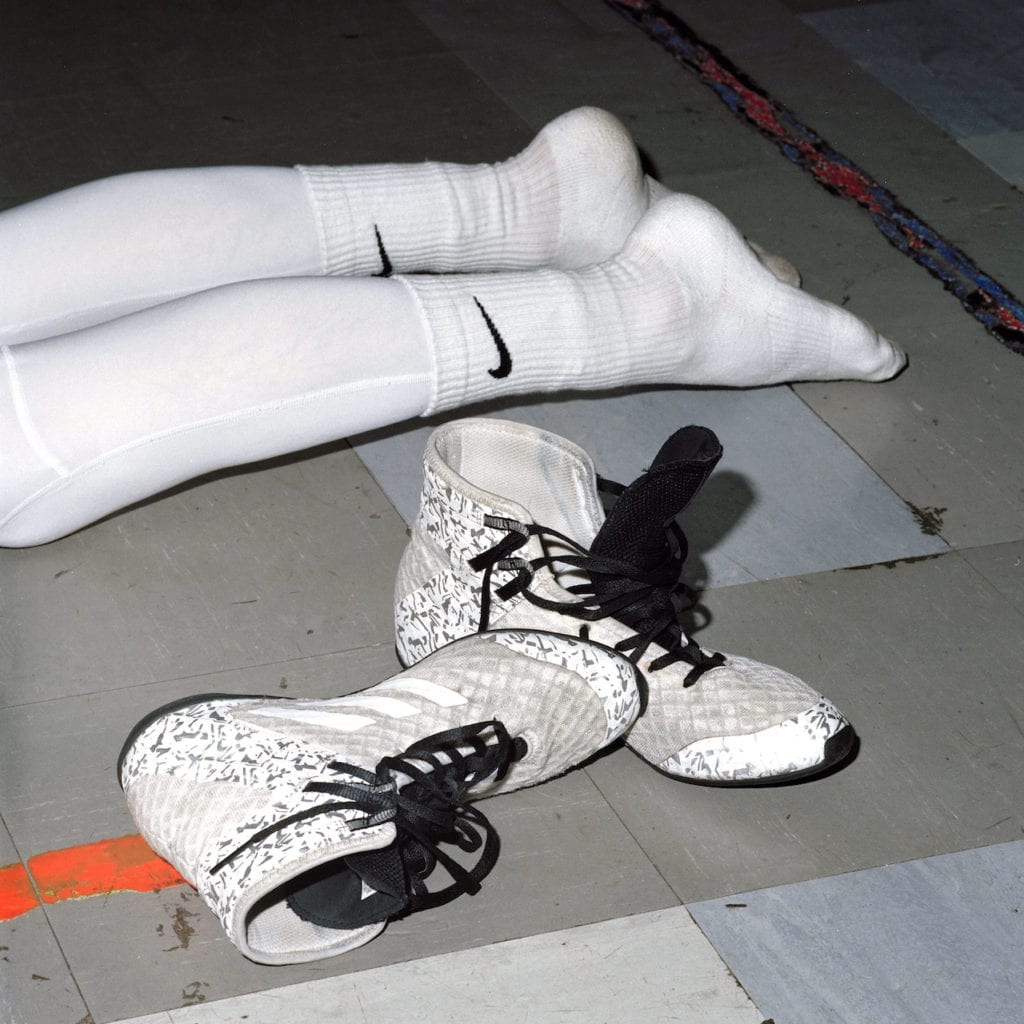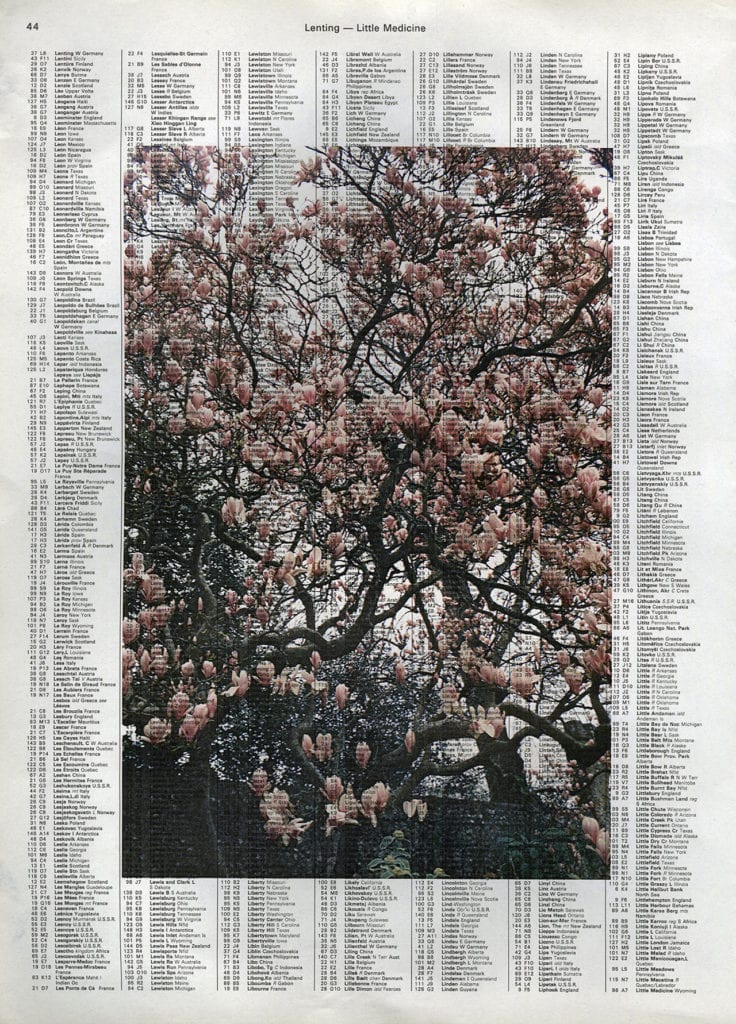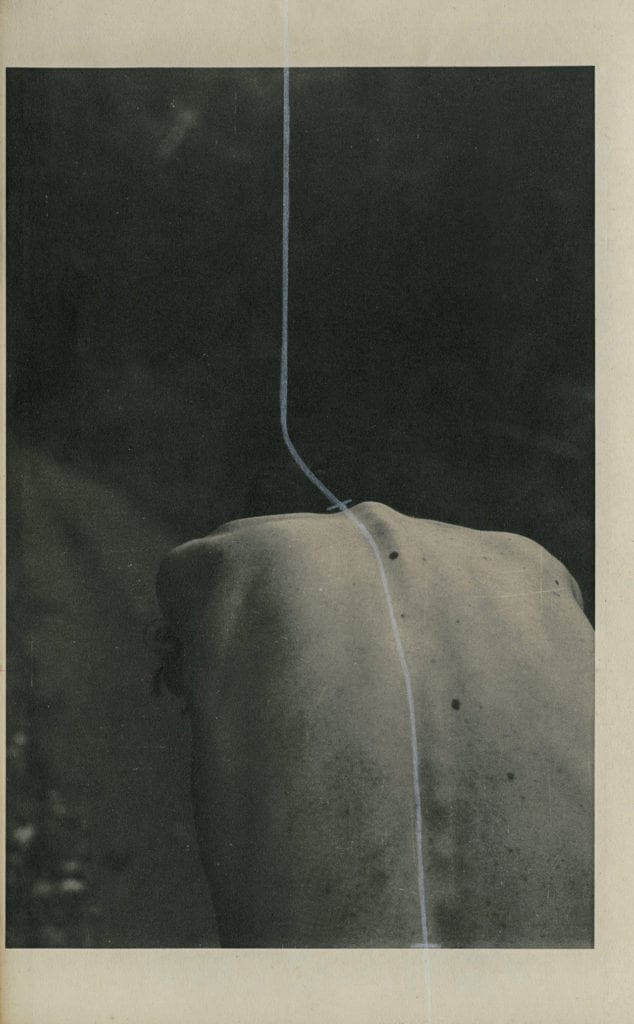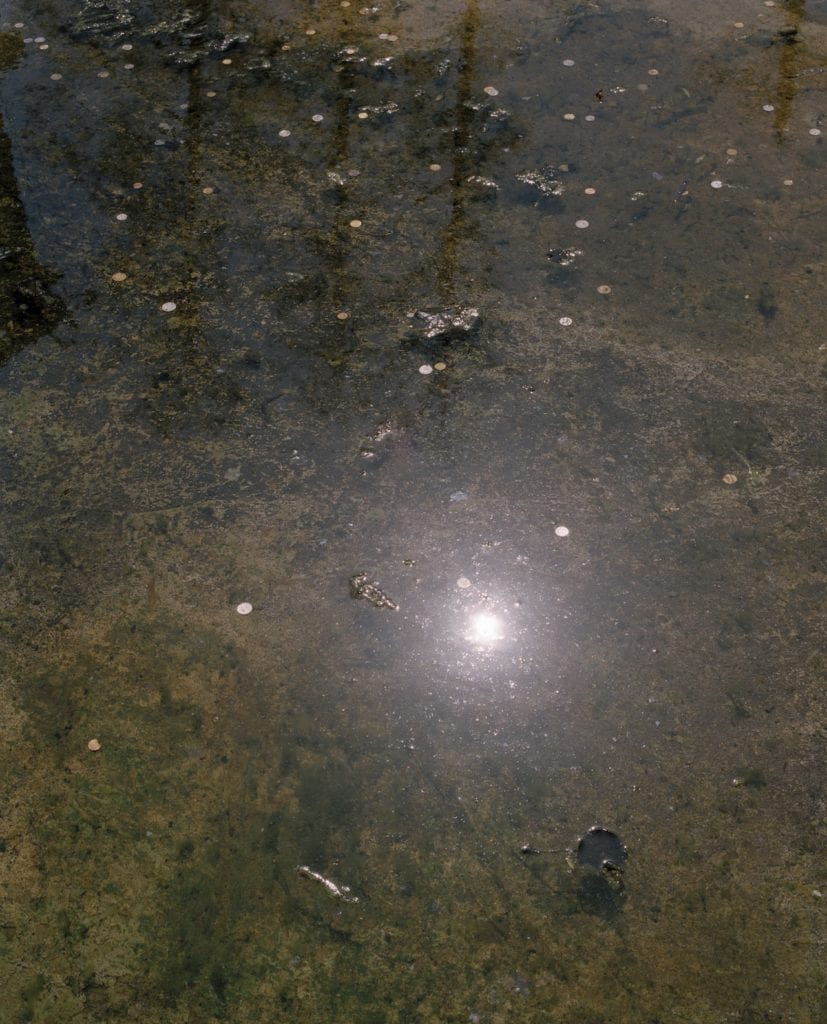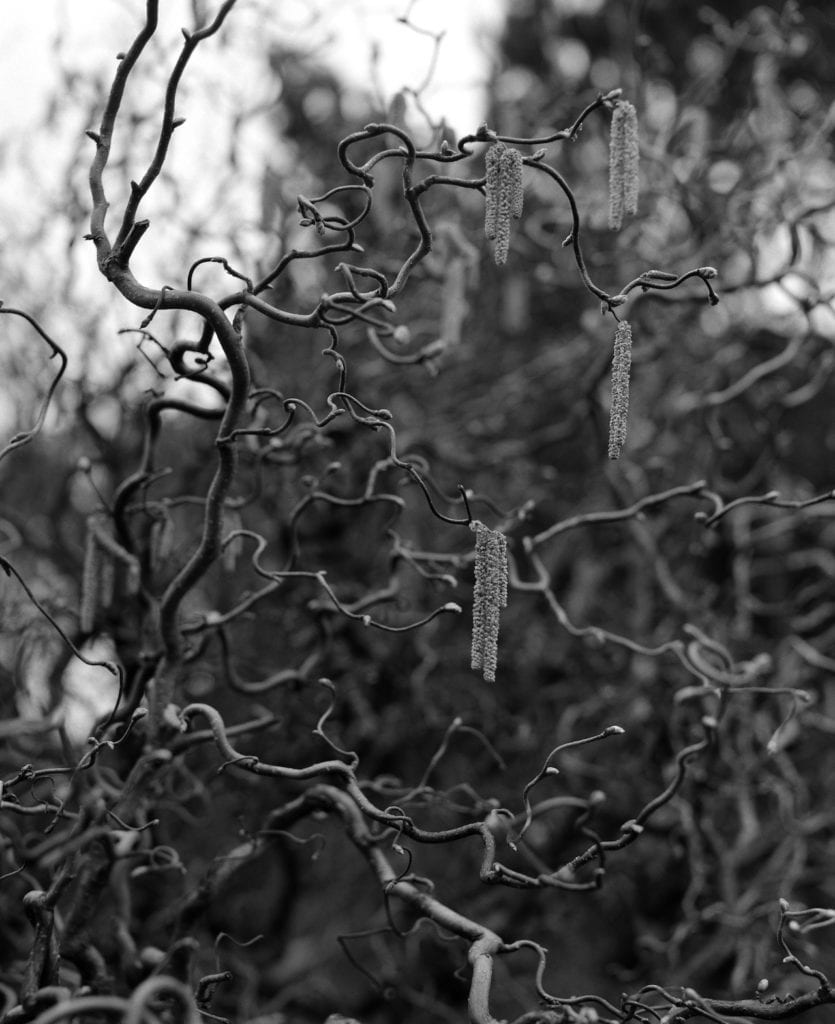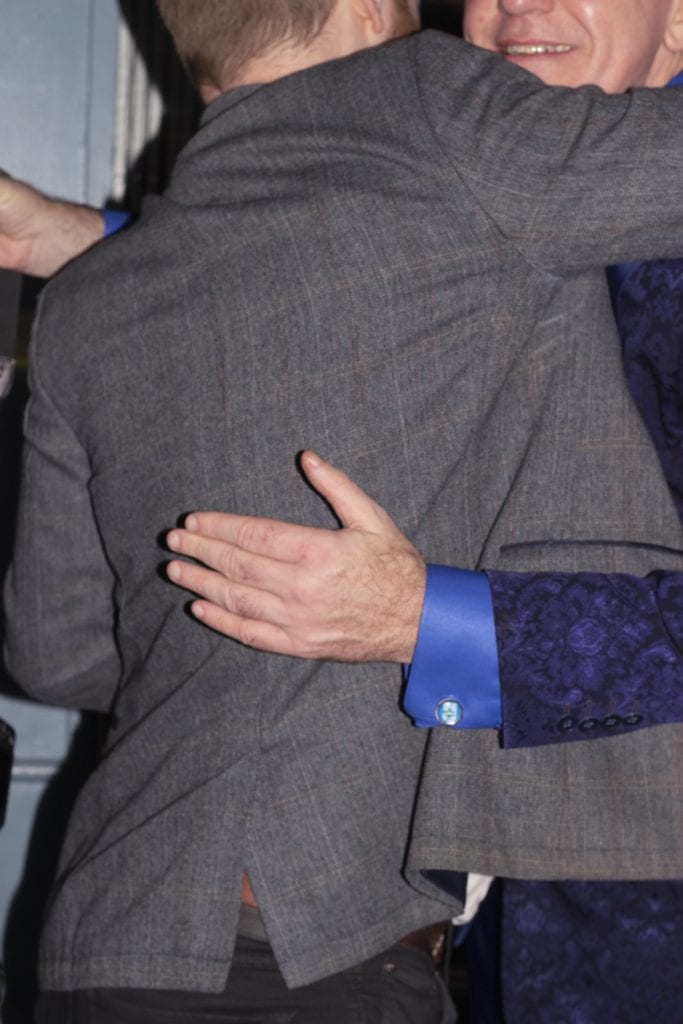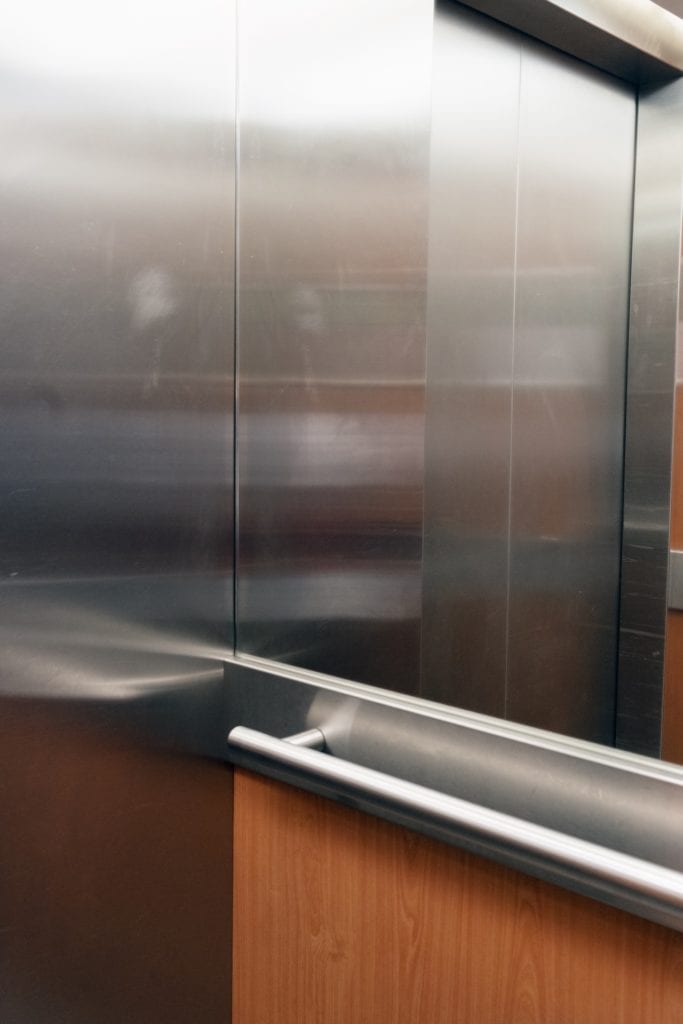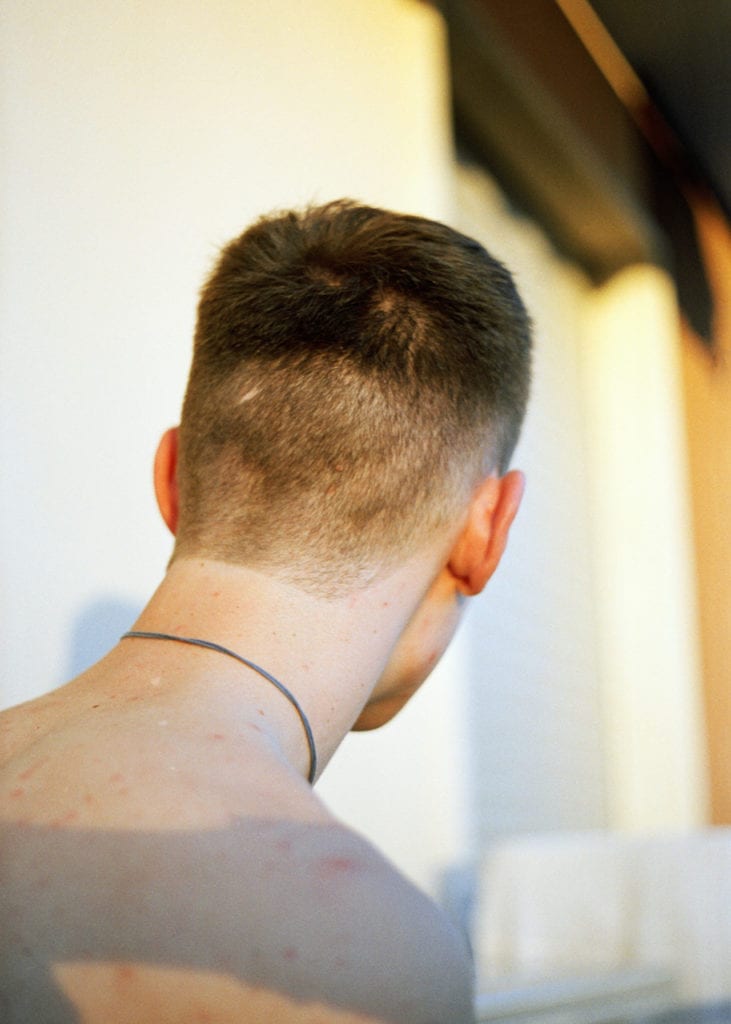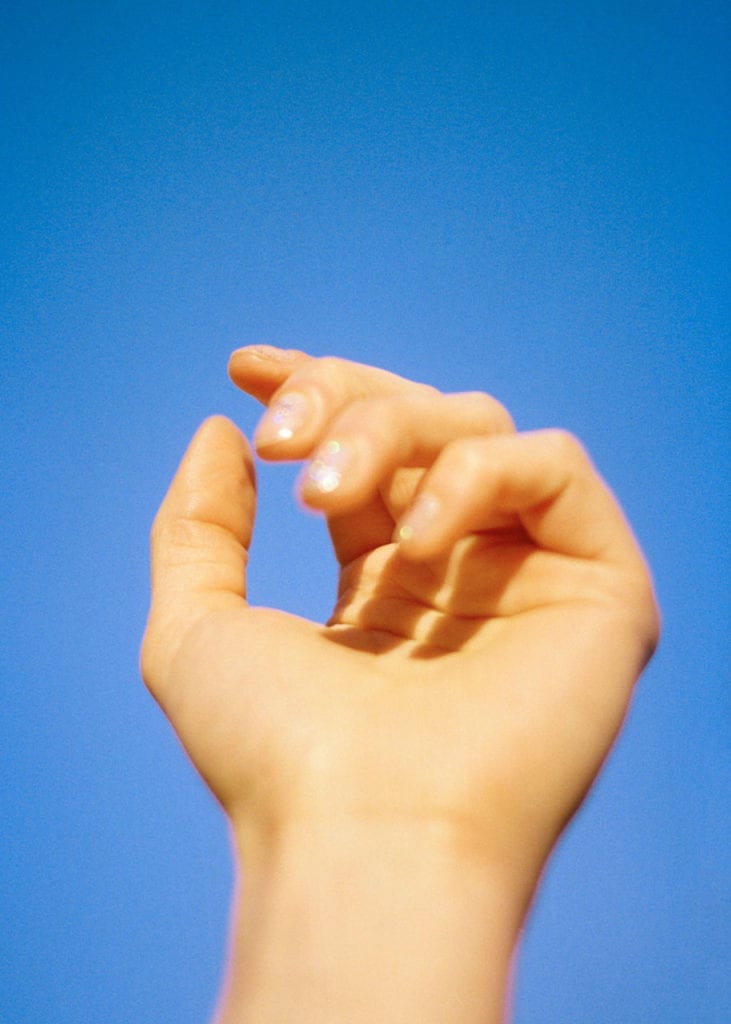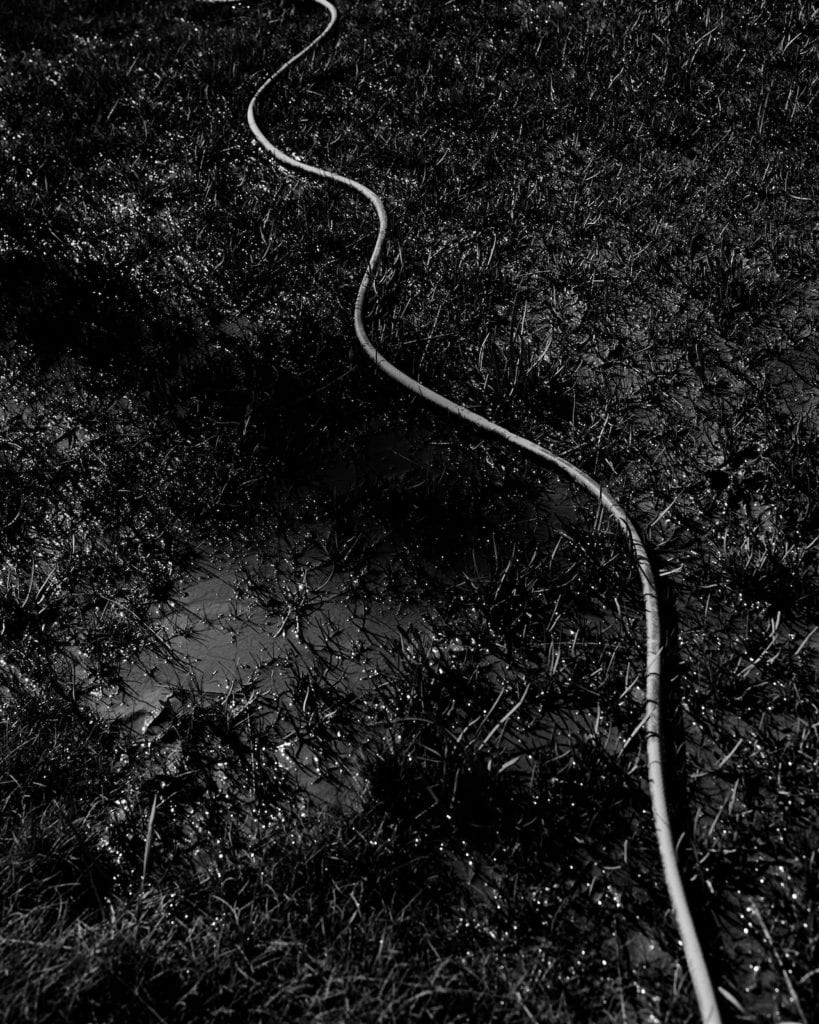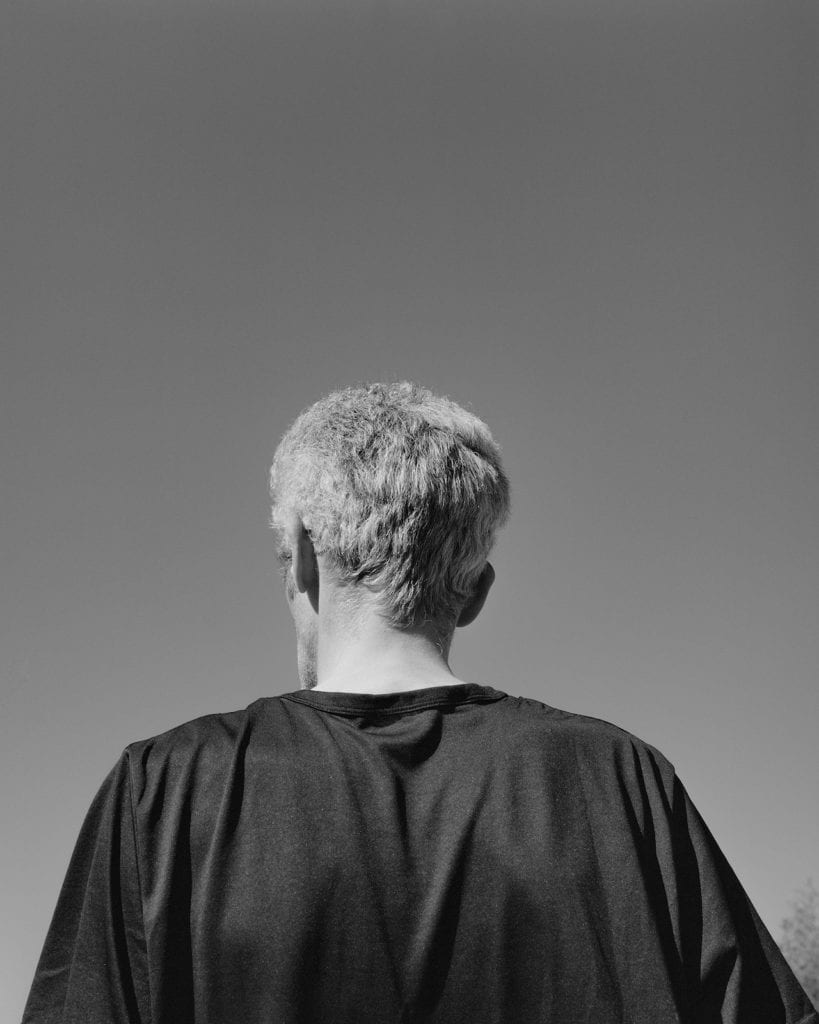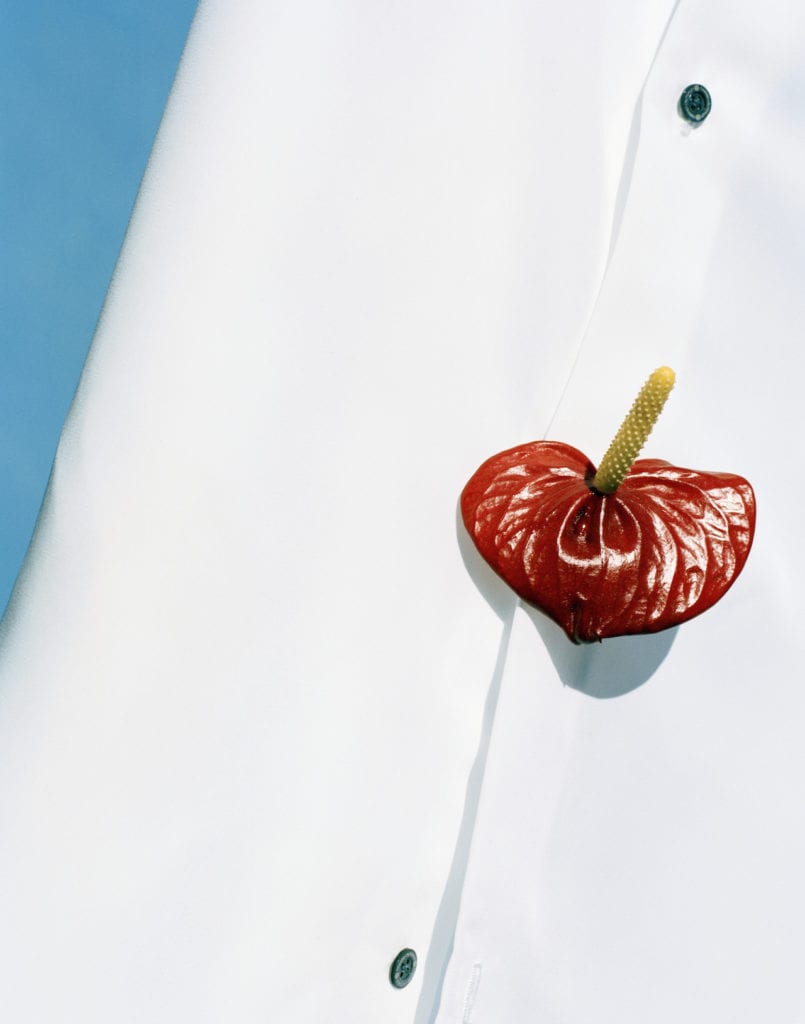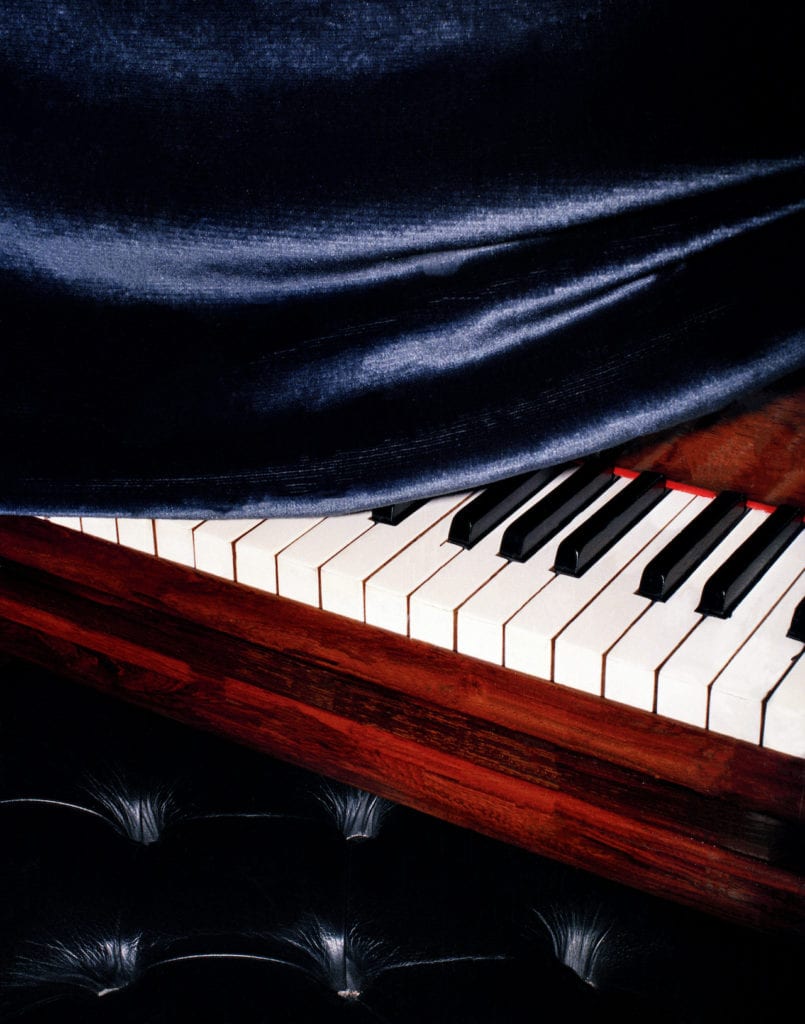Each year, a new batch of photography and fine-art graduates from universities across the UK gather to exhibit their work at Free Range, which takes place over two weeks in London’s Old Truman Brewery. The event provides a space for graduates to curate, exhibit, and get noticed in the capital.
Following the end of week one of photography shows, BJP-online spotlights eight graduates that stood out.
–
OLIMPIA PICCOLO
University of the West of England, Bristol
Leaving Italy to study in the UK was a pivotal move for Olimpia Piccolo. “The person who most intensely lived this transition was my mother,” says the 21-year-old photographer. “This series documents how we have both responded to this change and the roller coaster of emotions we faced in two different countries.”
At Free Range, Piccolo presented three large-scale prints alongside a book, titled All Good and Very Happy, which includes vivid and playful still lifes and portraits, inspired by the colours of Guy Bourdain and the absurd compositions of Alex Prager. “I wouldn’t be where I am today without the influence and motivation that their work has given me,” says Piccolo.
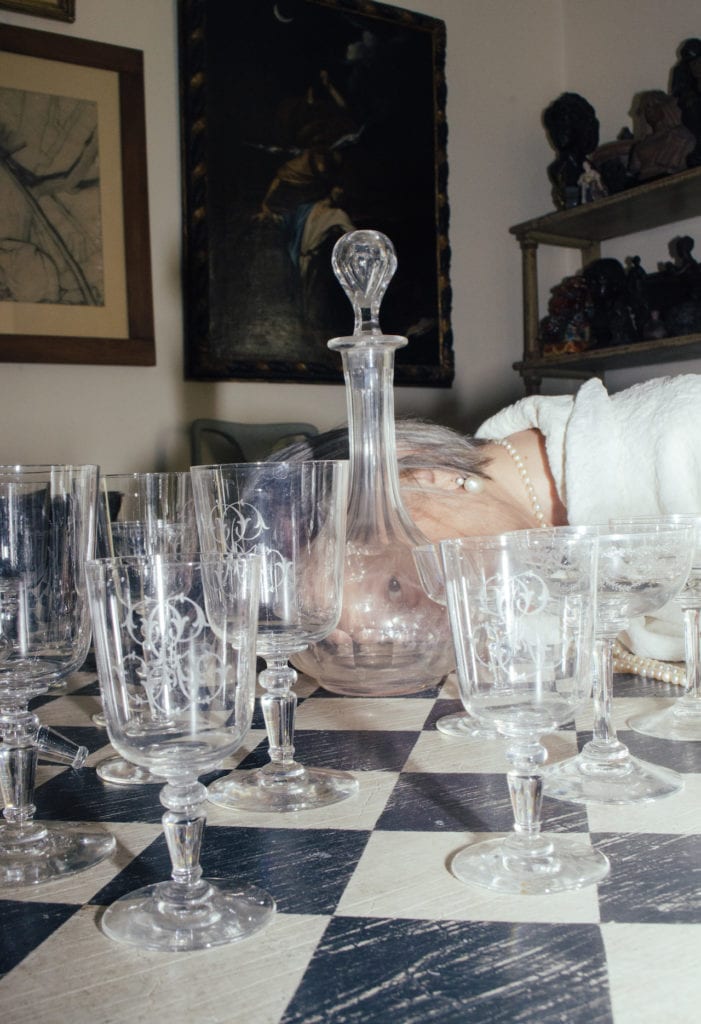
–
LAUREN HARRIS
University of Westminster, London
“I am intrigued by lives that are often far removed from my own,” says Lauren Harris, who worked with Islington Boxing Club to produce a series that offers an alternative perspective on the sport and our understanding of masculinity more broadly.
“The camera is the perfect tool for capturing my observations,” says Harris. “I try to collaborate with my subjects, and making these images over several months allowed me to build relationships and create intimate images”.
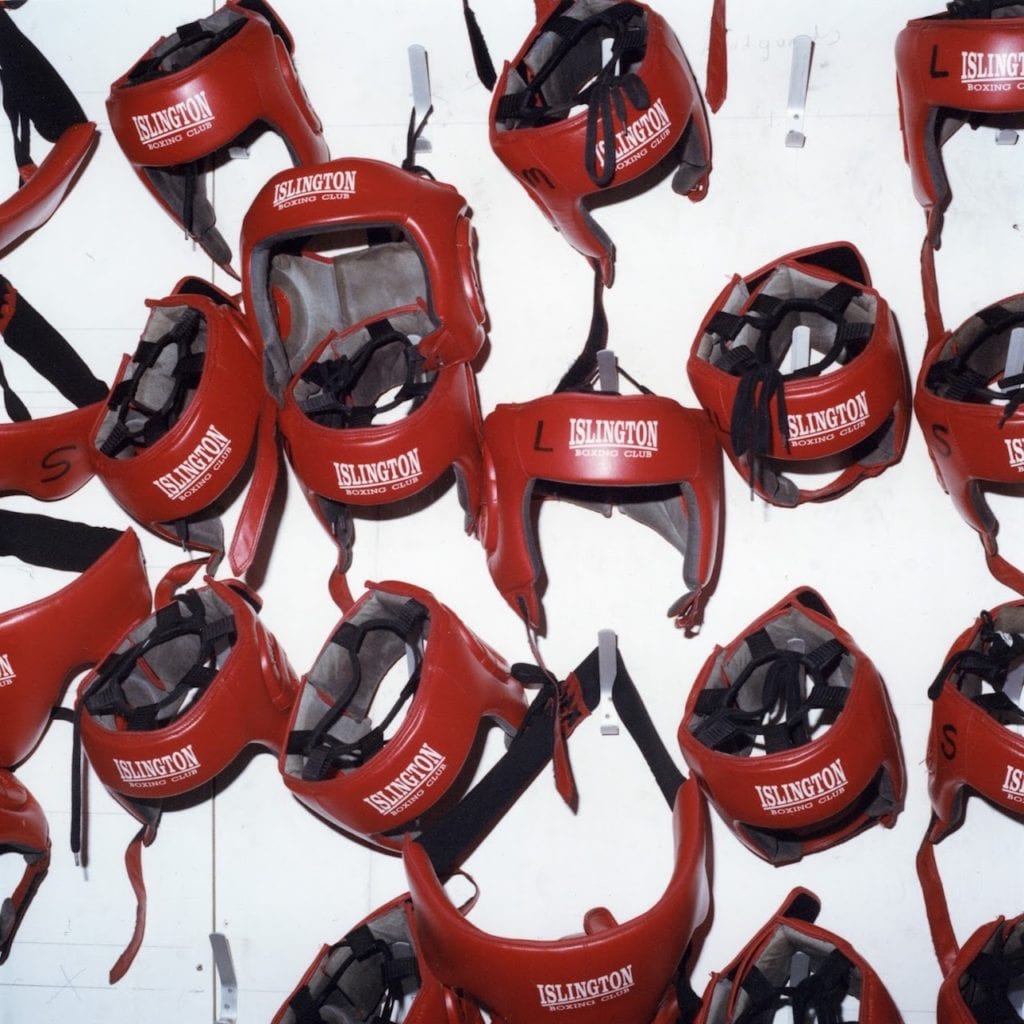
–
KÍRA KRÁSZ
University of Brighton
In Kíra Krász’s intricate installation, Thought after Taught, photographs printed on dainty sheets of old paper are pinned up among rows of nails, connected by pieces of thread.
The series explores the subjects of education and knowledge; its presentation references the work of the abstract artist Paul Klee, and his metaphor of the tree as a shape of transmission. Krász was selected as a runner-up in this year’s Free Range awards.
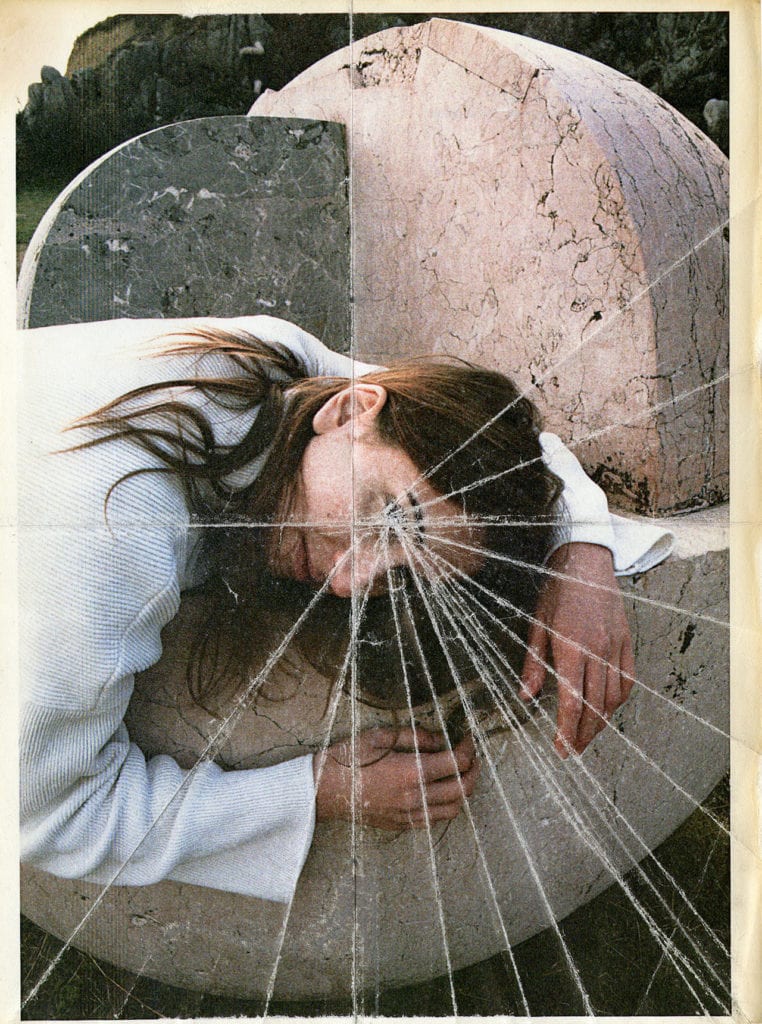
–
KAMILA LOZINSKA
University of the West of England
“I have questioned my faith from a young age,” says Kamila Lozinska, who was raised in Poland, a country where “Christianity is deeply embedded within the political system”. In her degree show, Thin Places, Lozinska reflects on the power of religious belief and devotion, reflecting on her own relationship with her faith and how it shaped her identity.
Intrigued by the “energy and mysticism” of Christian pilgrimage sites in Poland, the photographer created a series of images, some of which are based on stories about religious experiences. “Through these images I attempt to look into foundations of believing and, in a way, the reasons for it,” explains Lozinska.
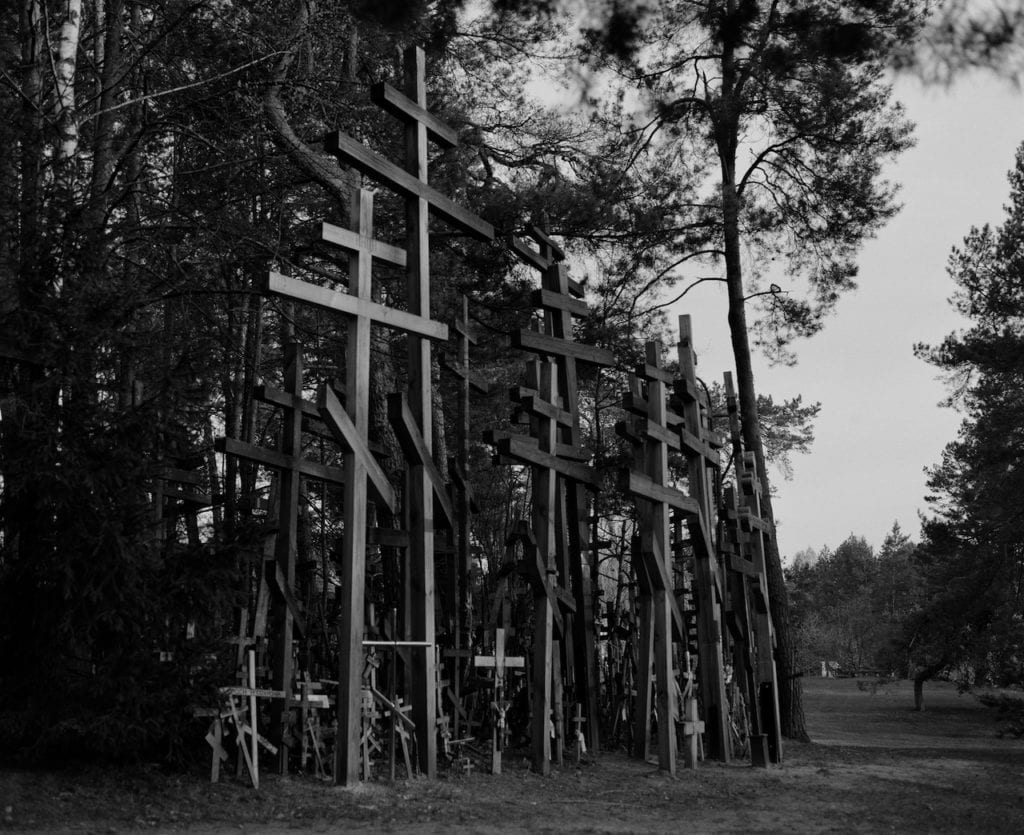
–
JENNIFER FORWARD-HAYTER
Middlesex University, London
“When I moved from Dorset to London, I’d never really seen a businessman before. Someone who goes to work in a suit everyday? I couldn’t believe it,” says Jennifer Forward-Hayter, who was selected as the winner of week one’s Free Range award.
Rather than focusing on the typical depictions of a “money-hungry banker”, Forward-Hayter decided to track the motivations behind people who end up working in these corporate industries. She attended business conferences, exclusive networking events, and “how to become a billionaire” workshops. “What I found were very normal people, who just wanted to better their lives, something that we all want,” she says.
As the winner of the Free Range award, Forward-Hayter will have a solo exhibition at the Truman Brewery in February 2020. She intends to continue to re-frame the “normal” in her work and create an “archive of the everyday”.
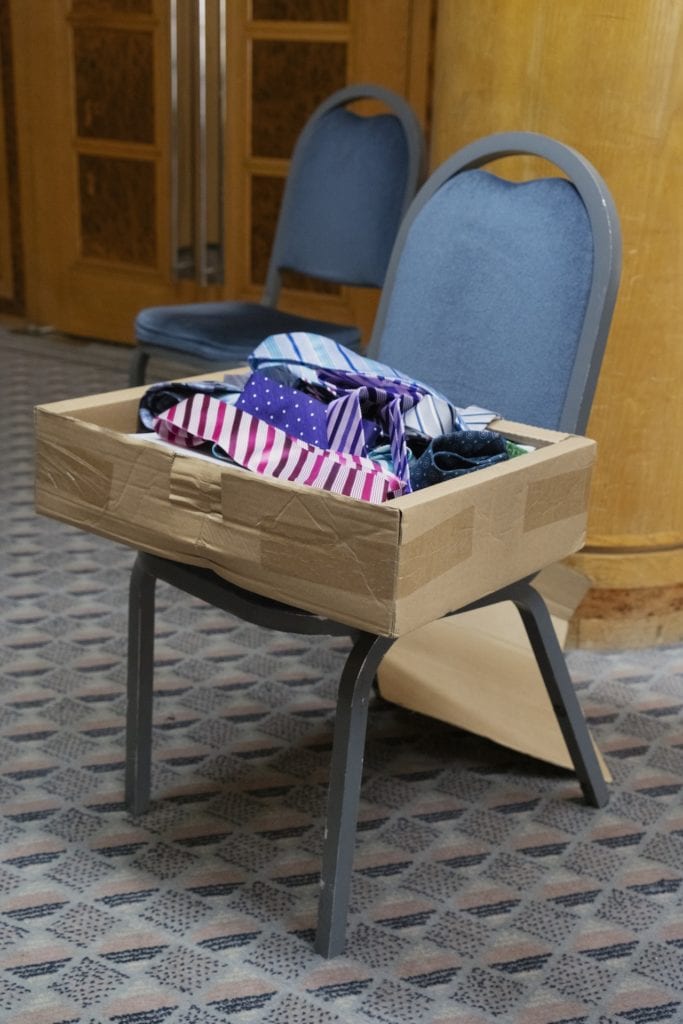
–
LAURA GHEZZI
Middlesex University, London
When she was little, Laura Ghezzi’s grandmother used to tell her “adagio”, which means to go slowly in Italian. “Over time, it became my philosophy,” says Ghezzi. “While wandering in the physical and mental spaces of my past and present home, I used my camera as a tool for making peace with how things are and how they used to be. Mine is a series about accepting and letting go.”
Adagio is an ongoing project, born out of Ghezzi’s urge to explore herself and her surroundings. The images – delicate and poetic – focus on subtleties in light and subject. “I have always been fascinated by the small details in the ordinary, the everyday that is just ‘normal’,” she says.
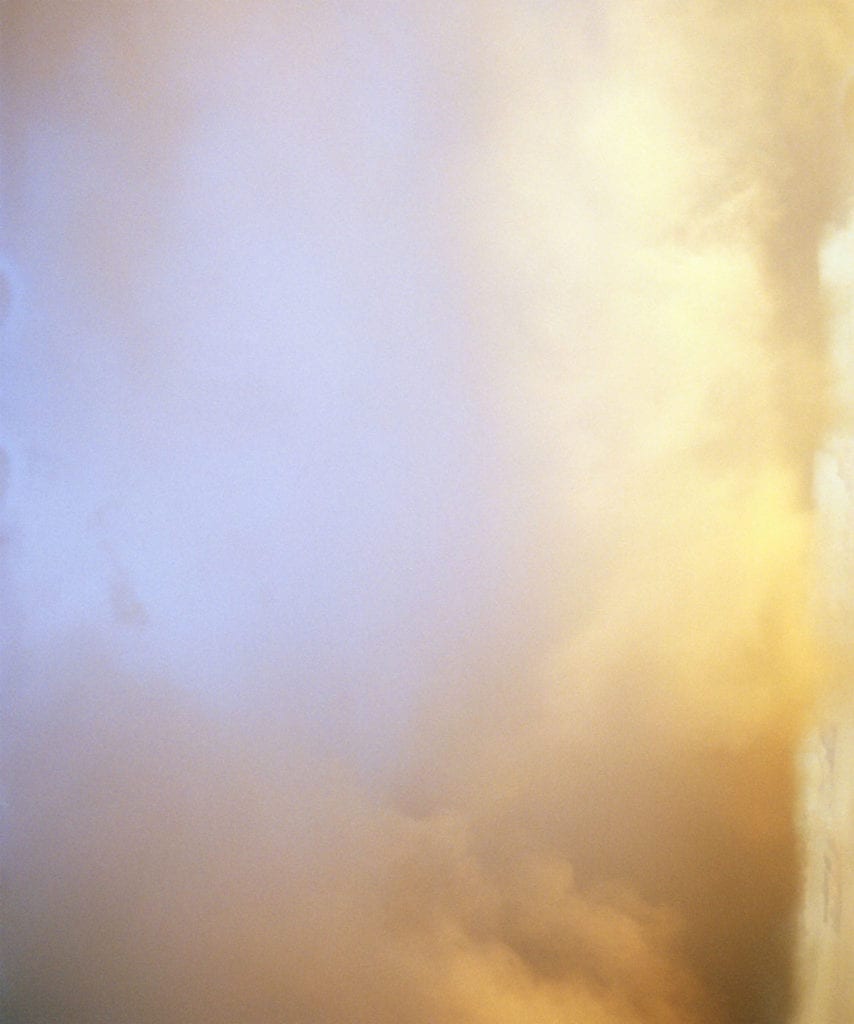
–
JASMINE BRUNO
University of the West of England, Bristol
Jasmine Bruno’s To Catch a Thief is an exploration of memory and identity. The series attempts to revive the absence of Bruno’s father during her childhood. “Researching my father’s past answered a few of my questions,” explains Bruno, who discovered that in 1971 her grandfather shot her grandmother in the head. “My father and his five siblings saw everything, they were split up and put into foster homes,” she says.
Bruno’s detached portraits and melancholic landscapes are united by a sense of unease that permeates them. Presented in a striking display, the series gained her recognition as a runner-up in this year’s Free Range awards.
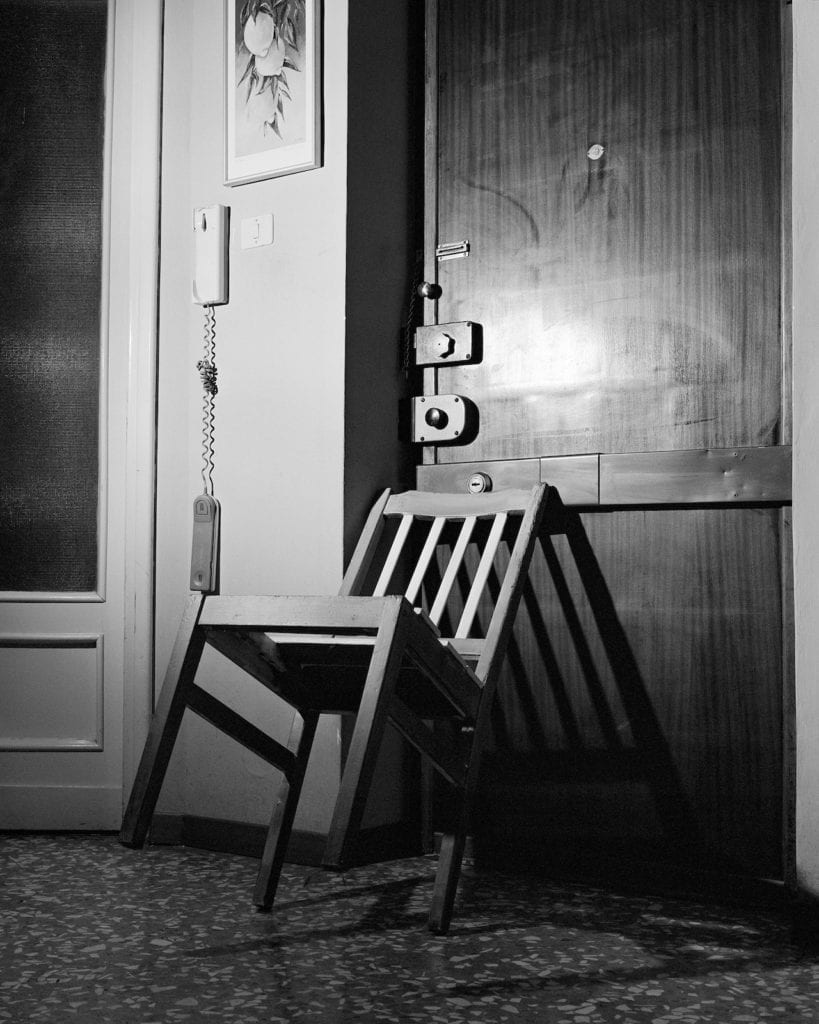
–
ROVIE HERNANDEZ
Middlesex University, London
Rovie Hernandez’s Here for a good time is a personal exploration into pleasure-seeking and how it can be used as a distraction from pain. Initially a project inspired by hedonism, it eventually evolved into an exploration of “adulthood, nostalgia, guilt, and confusion”.
“Although all of my photographs are self-critical and often involve me expressing myself and my experiences, I try to strip myself away from the actual project,” says Rovie Hernandez, who is inspired by photographers such as Sjoerd Houben, as well as Harley Weir, Wolfgang Tillmans, and Torbjørn Røland. “I am often influenced by my emotions and thoughts, and I acknowledge this, but I try and avoid letting these cloud my creative thinking too much,” he explains.
